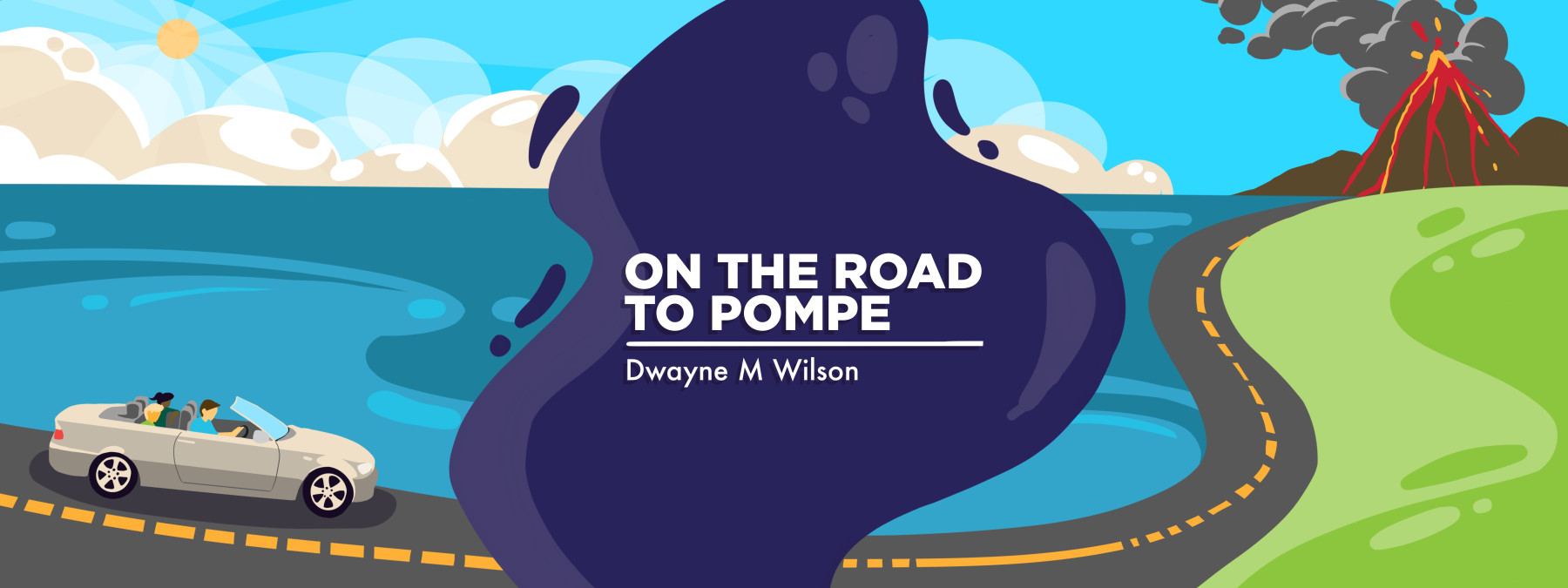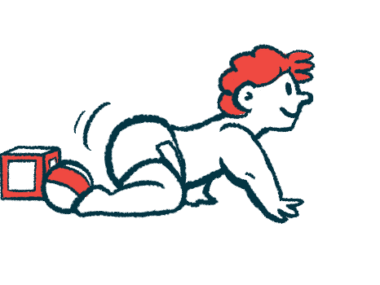Finding a balance between good and bad days with Pompe disease
The key is taking advantage of better days and resting on painful ones
Written by |

When I was in my 30s, I started having issues with my lower back. Muscle stiffness often led me to the chiropractor for an adjustment.
Sometimes I could barely walk or rotate my body, which would necessitate a trip to the physical therapist. Most of the time, I was told that my hamstrings and calves were tight, which caused bad posture and back stiffness. I was instructed to stretch those muscles more often.
Later, about five years ago, I was diagnosed with late-onset Pompe disease. I look back on those days when my body wouldn’t cooperate and now understand why. Pompe disease causes all kinds of muscle problems throughout the body. As I grew older, muscle fatigue and wasting eventually crashed my party when I turned 50.
Living with Pompe
While I’ve been living with Pompe disease my entire life, I’ve only been managing it for five years. In that time, I’ve learned that it’s important to celebrate the good days and the accomplishments. But managing the bad days is also important. Finding a balance between the two is helpful.
In August, I was on cloud nine. I participated in my first-ever adaptive surfing event with an organization called Life Rolls On, which was an incredible experience. My wife and I also attended a couple Los Angeles Angels baseball games with our friends. And we rocked out at two concerts.
The summer also had its share of bad days. I could barely walk for a few of them and spent a lot of time on the couch. A few weeks later, my left hip was painfully sore. I then had to cancel my physical therapy appointment to give my body time to rest and heal.
My Pompe disease journey won’t end until a cure is discovered. Learning how to best manage the ups and downs keeps me going “on the road to Pompe.” I take the good, the bad, and the Pompe and do as best I can, in my own way.
Note: Pompe Disease News is strictly a news and information website about the disease. It does not provide medical advice, diagnosis, or treatment. This content is not intended to be a substitute for professional medical advice, diagnosis, or treatment. Always seek the advice of your physician or other qualified health provider with any questions you may have regarding a medical condition. Never disregard professional medical advice or delay in seeking it because of something you have read on this website. The opinions expressed in this column are not those of Pompe Disease News or its parent company, Bionews, and are intended to spark discussion about issues pertaining to Pompe disease.




Leave a comment
Fill in the required fields to post. Your email address will not be published.